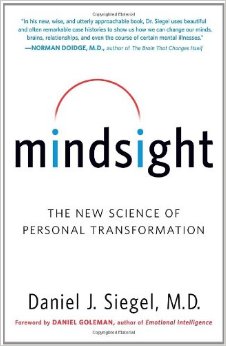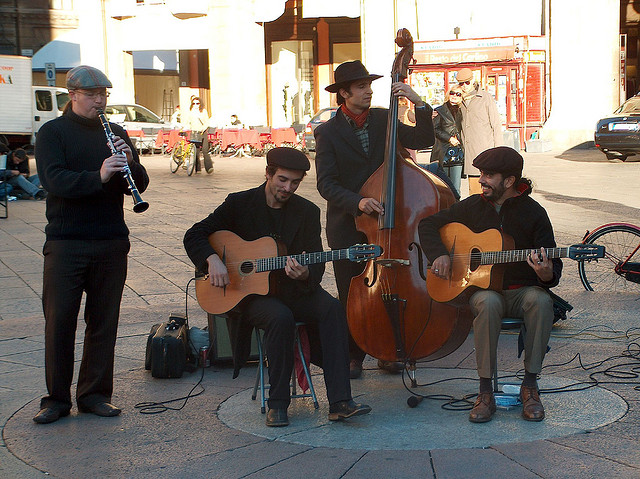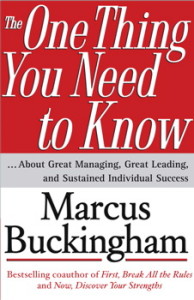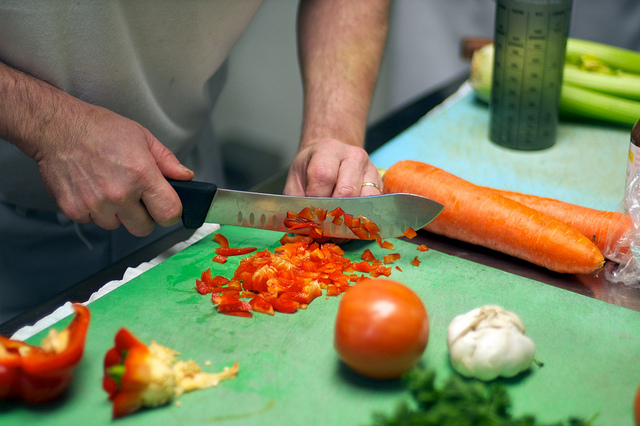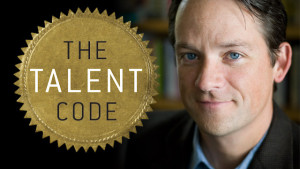“He that wrestles with us strengthens our nerves and sharpens our skills. Our antagonist is our helper.”
Edmund Burke, 18th Century Irish Statesman
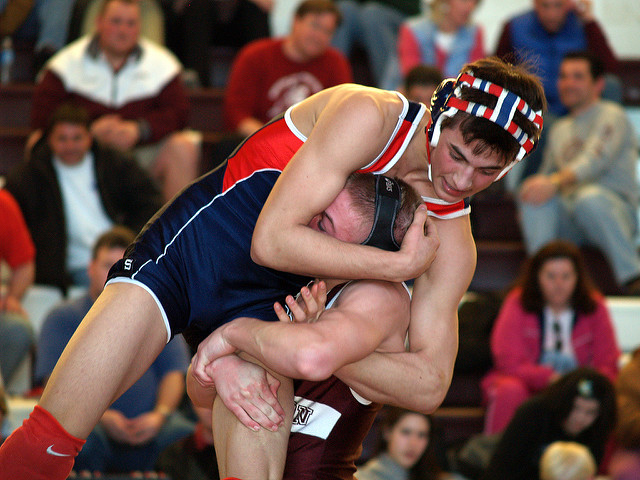
Image from Flickr by Christopher Paquette
My dad was a physical education teacher and coach for multiple sports, one of which was wrestling. Young men of equal weight would compete in one of the most challenging and physically exhausting sports I’ve ever experienced.
In a matter of minutes, while engaged with your adversary, you would likely find yourself gasping for air and having already worked up quite a sweat.
Not surprisingly, wrestlers are some of the most fit athletes because of the struggles they face in competing at a high level.
EXERCISE:
Who are the antagonists/adversaries that strengthen your nerve and build your personal or professional skills? How can you appreciate and perhaps seek even greater challenges to further your personal excellence journey?

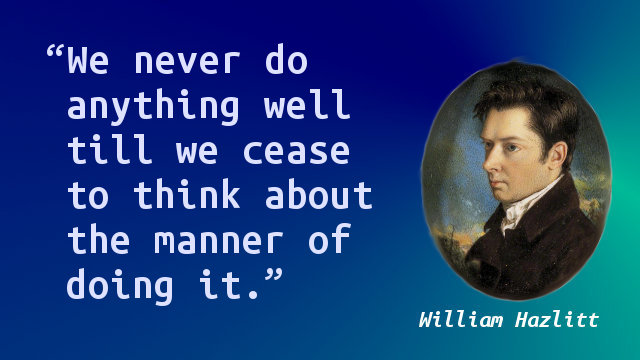 How many activities in the following list have you engaged in over the past year?
How many activities in the following list have you engaged in over the past year?